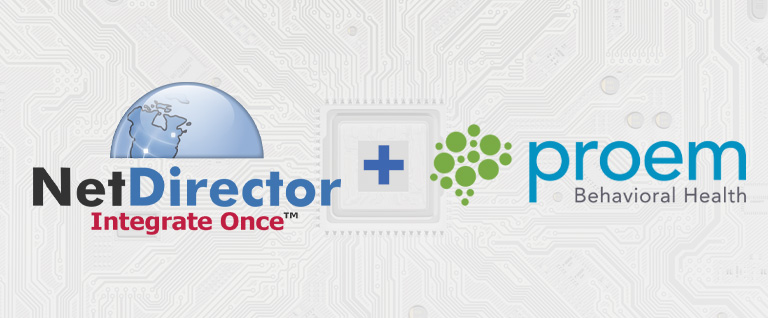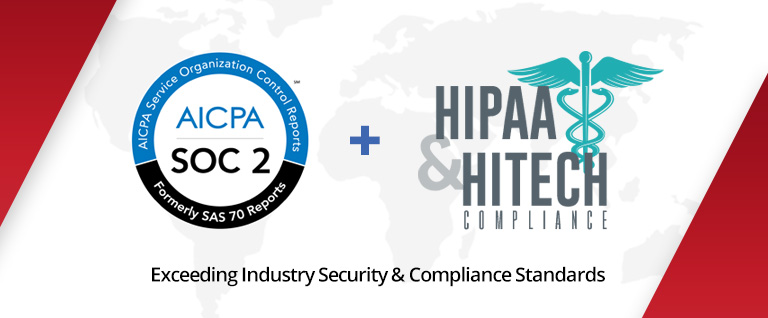The year ahead will usher in an imposing financial squeeze for hospitals across the country. Moody’s Investor Service expects the healthcare sector’s operating cash flow to contract by 2 to 4 percent through 2018 as facilities grapple with lower insurance reimbursements and higher expense growth. Accordingly, hospitals and health systems must leverage information technology (IT) to optimize operations, sustain strategic initiatives and drive disruptive innovations.
Leading organizations will move beyond using IT to automate formerly manual processes. Instead, they’ll build IT-powered business models to align with predictive/ proactive care delivery while empowering patients to take charge of their own health.
As in recent years, healthcare executives remain rightfully concerned about enhancing cybersecurity, countering potential attacks and preparing for response by moving more of their IT infrastructure to the cloud.
They also see competitive opportunities to scale up IT in areas such as consumer-facing technology, data analytics, and virtual care. As such, integration will be key to merging patient-generated data with health records, exploring genomic testing as part of a move toward personalized medicine, and providing reimbursable care or monitoring for remote patients.
Paths Forward
Many industry observers point to cloud-based systems when explaining attempts to “future-proof” technology investments. “[Cloud computing] can offer a dramatically lower total cost of ownership than traditional on-premises solutions by eliminating maintenance fees and upgrade costs, and by requiring much less effort to install and operate,” says Mark LaRow, CEO of patient-matching technology vendor Verato.
At the same time, healthcare organizations stand to benefit from enhancing existing IT platforms, especially where revenue-driving processes and workflows overlap. In particular, providers are looking for ways to facilitate operations through automated insurance eligibility processes, mobile/ online payment applications, and cost estimation tools.
Additionally, advanced hospitals and health systems recognize that increasingly accepted value-based payment models require ongoing patient engagement measures. Advisory firm PricewaterhouseCoopers (PwC) notes that providers need to obtain a comprehensive view of patient interactions. “An ability to derive meaningful information from linking disparate data about patients becomes a differentiator for an organization in a competitive market,” comments Winjie Miao, chief experience officer at Texas Health Resources.
Meanwhile, 88 percent of insurers plan investments in technology to improve the healthcare experience for their members. With providers and payers moving toward shared goals in data aggregation and analysis, “2018 could be the year [that] health sectors rally around the patient experience,” according to PwC.
A Platform Built for Integration
NetDirector’s subscription-model integration services fall squarely in line with healthcare organizations’ IT needs in the coming year. From a broad perspective, NetDirector’s HealthData Exchange normalizes data to standard HL7 or other formats, enabling systems to seamlessly share clinical and billing data. While complementing existing IT investments, the platform streamlines clinical workflow and communications while reducing administrative costs.
NetDirector also remains adaptive to changes in the healthcare ecosystem, such as those anticipated for 2018. New integrations can be configured based on evolving customer needs — and on standards and protocols defined by healthcare’s governing bodies.
For more information, please contact us or request a free demo.




